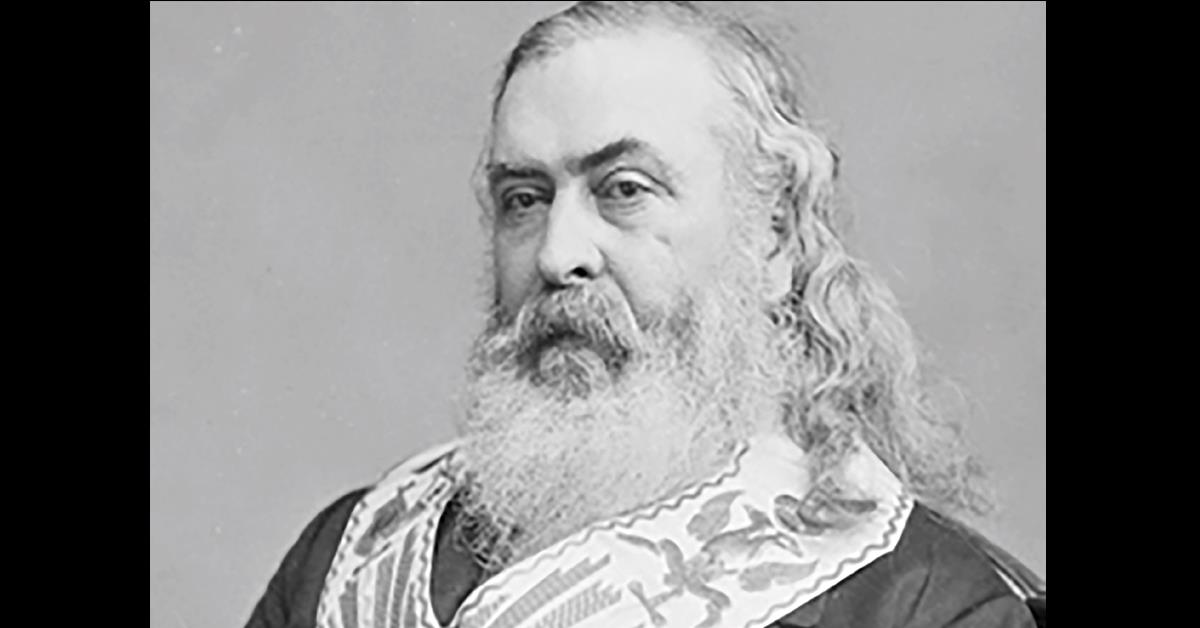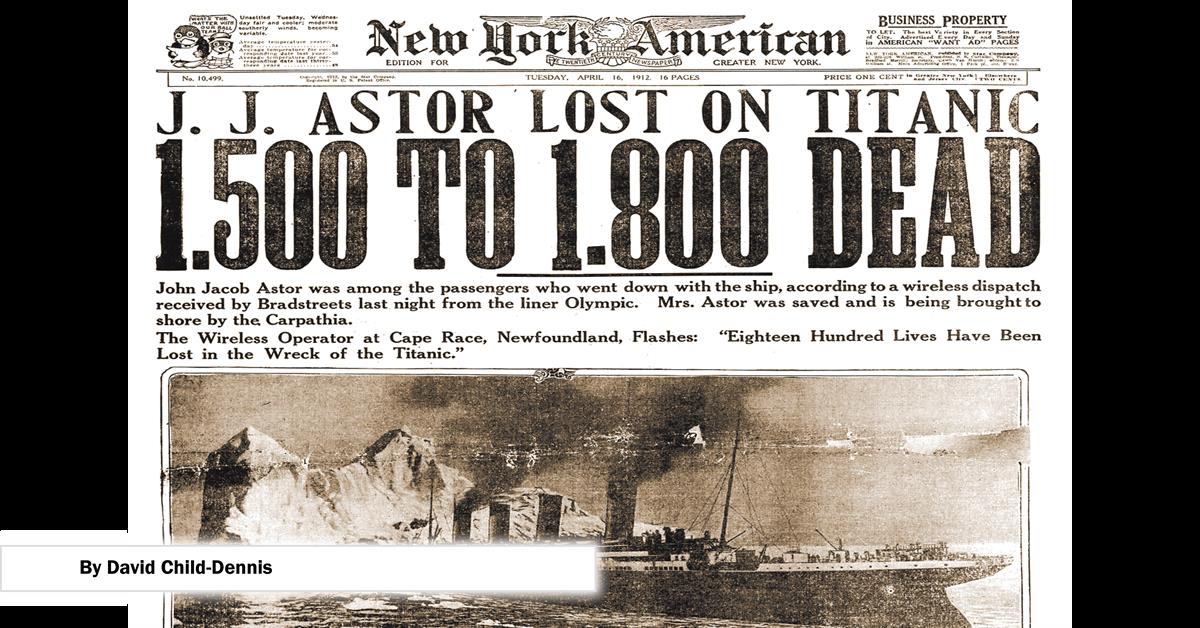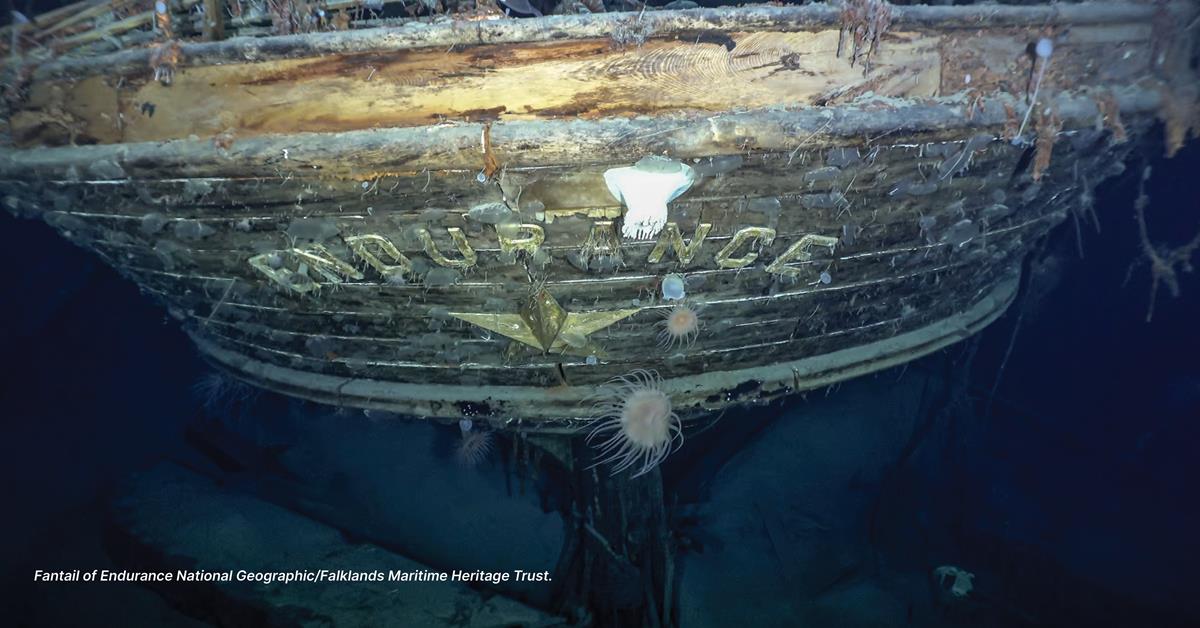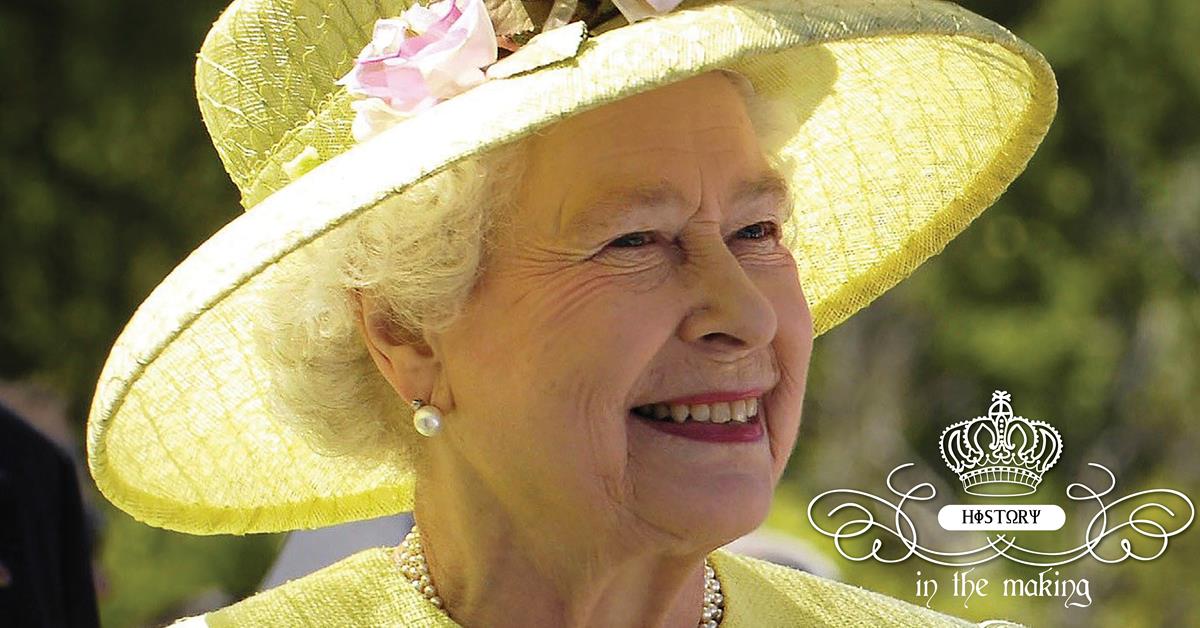Articles in ‘History’
Albert Pike Letter to Mazzini
The Illuminati Plan for 3 World Wars, August 15, 1871
History • elocal Digital Edition • July 2023
The following is a letter, that speculation claimed that Albert Pike wrote to Giuseppe Mazzini in 1871 regarding a conspiracy involving three world wars, that were planned in an attempt to take over the world. The Pike letter to Giuseppe Mazzini was on display in the British Museum Library in London until 1977. This letter has been claimed by many internet sites to reside in the…
Titanic Insurance Fraud Or Tragic Accident?
By David Child-Dennis
History • elocal Digital Edition • July 2023
I recently discovered a fascinating book, ‘The Titanic and the Indifferent Stranger’, by Dr Paul Lee, a physicist. In it he outlines a compelling argument that the Titanic was not lost in a collision with an iceberg in April 1912, but instead went on to serve as the Olympic, her almost identical twin sister. The saga began on September 20, 1911, when the Olympic was involved in a…
Larnach Castle
History • elocal Digital Edition • June 2023
By Julie Halligan Situated on the picturesque Otago Peninsula perched atop a rising ridge stands the imposing and lasting monument to one man’s insistent desire to announce to the world that he had arrived, that he was someone and that he had ‘done good’. William Larnach had grown up on the rural estate of Rosemount, in the Patrick Plains of the Hunter Valley near Singleton in…
Sir Ernest Shackleton's Endurance found after 107 years under the ice
History • elocal Digital Edition • April 2023
The wreck of one of the most famous exploration ships in history has been located. Using a robotic submersible, the Falklands Maritime Heritage Trust has found Sir Ernest Shackleton's Endurance, which was crushed in the Antarctic pack ice in 1915. In the wake of Roald Amundsen's 1911 expedition that became the first to successfully reach the South Pole, Sir Ernest Shackleton…
Nellie Bly 1864-1922
History • elocal Digital Edition • April 2023
Nellie Bly became a star journalist by going undercover as a patient at a New York City mental health asylum in 1887 and exposing its terrible conditions in the New York World. Nellie Bly became a star journalist by going undercover as a patient at a New York City mental health asylum in 1887 and exposing its terrible conditions in the New York World. Her reporting not only…
Women in History
Ada Lovelacew - A Computing Visionary
History • elocal Digital Edition • March 2023
Ada Lovelace (1815–52) is now regarded as one of the most important figures in the early history of the computer despite being relatively uncelebrated during her life. Born in the early 19th century, she had a fascination with science and mathematics that defied the expectations of her class and gender at the time. She was introduced at the age of 17 to inventor Charles Babbage,…
The White Mouse
History • elocal Digital Edition • February 2023
Nancy Wake (aka The White Mouse) was the Allies most decorated woman during World War 2, saving thousands of soldiers and eventually becoming the #1 most wanted person by the German Gestapo in 1943. Nancy never believed that women should just stay at home or stand on the sidelines while men went to war and proved herself to be a fantastic leader during the French Resistance, in…
Who was Cleopatra?
History • elocal Digital Edition • January 2023
Cleopatra VII was the last ruler of the Ptolemaic dynasty, ruling Egypt from 51 BC - 30 BC. She is celebrated in many historical records for her beauty and her love affairs with the Roman warlords Julius Caesar and Mark Antony, but was a powerful queen before her interaction with either and a much stronger monarch than any of the later Ptolemaic Dynasty. Fluent in a number of…
This Month in History Around the World - December
History • elocal Digital Edition • December 2022
The Advent Calendar Advent calendars are undoubtedly a festive staple in New Zealand as in many countries around the world, with children and adults alike leaping out of bed to discover what is behind the little numbered door that day. Modern advent calendars can hide anything from chocolate to wine behind their doors as we count down to Christmas. But where did advent…
This Month in History Around the World - November
History • elocal Digital Edition • November 2022
November 26th 1961 – The Drug Thalidomide is withdrawn from the market after affecting over 10,000 babies worldwide Thalidomide changed our relationship with new medicines for ever. It took five years for the connection between thalidomide taken by pregnant women and the impact on their children to be made. Not only did thalidomide change people’s lives, but it resulted in…
History in the making
History • elocal Digital Edition • October 2022
by Sally Sumner
Queen Elizabeth II, the UK's longest-serving monarch, died last month at Balmoral aged 96, after reigning for 70 years. She died peacefully at her Scottish estate, where she had spent much of the summer, with family by her side. Her last duty, just two days before her death to appoint the new British Prime Minister, Liz Truss, which she did with her usual grace and smile. Her…
This Month in History Around the World - September
History • elocal Digital Edition • September 2022
Death of a Legend – Jimi Hendrix September 18th, 1970 A performance by Jimi Hendrix was sure to be frenetic, full of energy, and wild. He would rip fast on his guitar and at times smash his instrument to pieces at the end of a show. Watching Hendrix play was more than merely observing a performance — it was an experience. But it all ended when he was found dead on September 18th,…
This Month in History Around the World - August
History • elocal Digital Edition • August 2022
NZ VJ Day – August 15th After the collapse of Germany and its surrender in May 1945 and what became to be known as VE day, the war continued to rage in the Pacific with the Japanese the Allies delivered Japan an ultimatum to surrender on 28 July 1945. Known as the Potsdam Declaration. It called on Japan to surrender its armed forces unconditionally or risk “prompt and utter…
This Month in History Around the World - JULY
History • elocal Digital Edition • July 2022
26 July 1865: Parliament sits in Wellington for the first time After the signing of the Treaty of Waitangi, Governor Hobson set his mind to finding a more permanent capital for the new colony. Okiato, Bay of Islands, was initially regarded as the capital but in 1841 Hobson sent a party further south to survey the Whangarei, Mahurangi and Waitematā Harbours for a more central…
This Month in History Around the World - JUNE
History • elocal Digital Edition • June 2022
by Sally Sumner
10 June - The Eruption of Mt Tarawera Just to the south-east of Rotorua, Mount Tarawera could be described as an unusual looking mountain, with several large domes and a broad, flat top. It was shaped by volcanic activity hundreds of years ago. The Māori inhabitants of the area, and the Europeans who arrived in the 19th century, did not know that Tarawera was an active volcano…
This Month in History Around the World - MAY
History • elocal Digital Edition • May 2022
May 5, 1893 - US Stock Market Tumble Triggers Panic By the end of the year, 600 banks closed and several big railroads were in receivership. Another 15,000 businesses went bankrupt amid 20 percent unemployment. It was the worst economic crisis in U.S. history up to that time. Like most major financial downturns, the depression of the 1890s was preceded by a series of shocks that…
This Month in History Around the World - APRIL
History • elocal Digital Edition • April 2022
by Sally Sumner
Nz’s First Poppy Day One Hundred Years Ago, on April 24th 1922, New Zealand held its first Poppy Day. It followed an international effort led by French woman, Madame Guérin who was a well-known touring lecturer and fundraiser, who split her time between living in the USA and France during the First World War. She was a director of the “American and French Children’s League”,…
This Month in History – March
History • elocal Digital Edition • March 2022
The Spanish Flu The 1918 influenza pandemic was the most severe pandemic in recent history. It was caused by an H1N1 virus with genes of avian origin. Although there is not universal consensus regarding where the virus originated, it spread worldwide during 1918-1919. In the United States, it was first identified in military personnel in spring 1918. It is estimated that about…
This Month in History – February
History • elocal Digital Edition • February 2022
The Napier Earthquake – Feb 3, 1931 On the morning of 3 February 1931, the air in Napier ‘had grown still and oppressive’ and the sea was ‘so calm and still’ and a ‘most peculiar colour’, (Wright, 2001). At about 10:47am an earthquake measuring 7.8 on the Richter scale struck central Napier and Hastings causing widespread damage and resulting in the deaths of 256. For two and a…
This Month in History Around the World
January
History • elocal Digital Edition • January 2022
The Commonwealth of Australia was founded on January 1st as six former British colonies became six states with Edmund Barton as the first prime minister. The commemoration was declared at a ceremony held in Centennial Park in Sydney, after a process of deliberation, consultation and debate involving majority votes across all of Australia. Not everyone was allowed to vote, however…



















